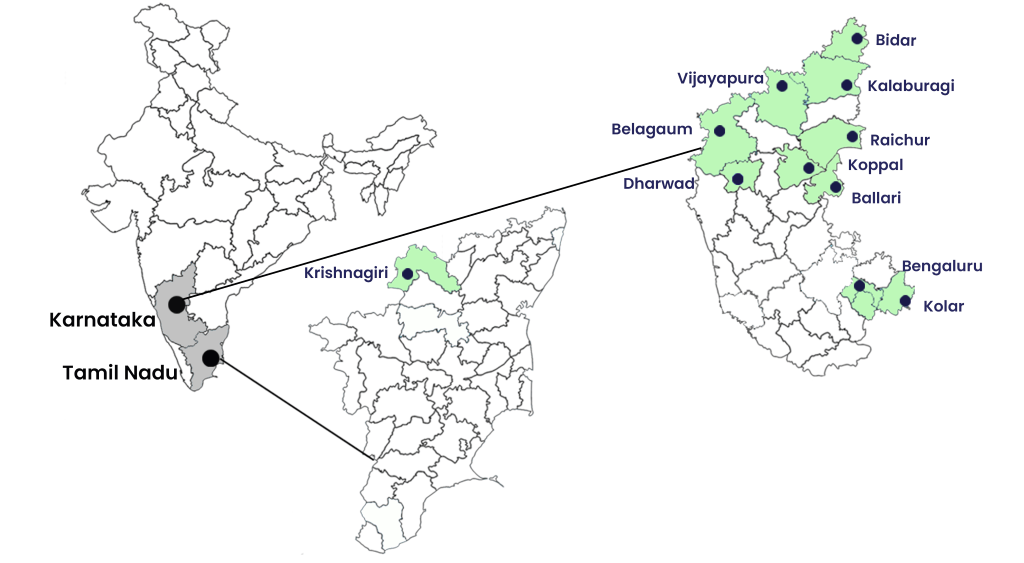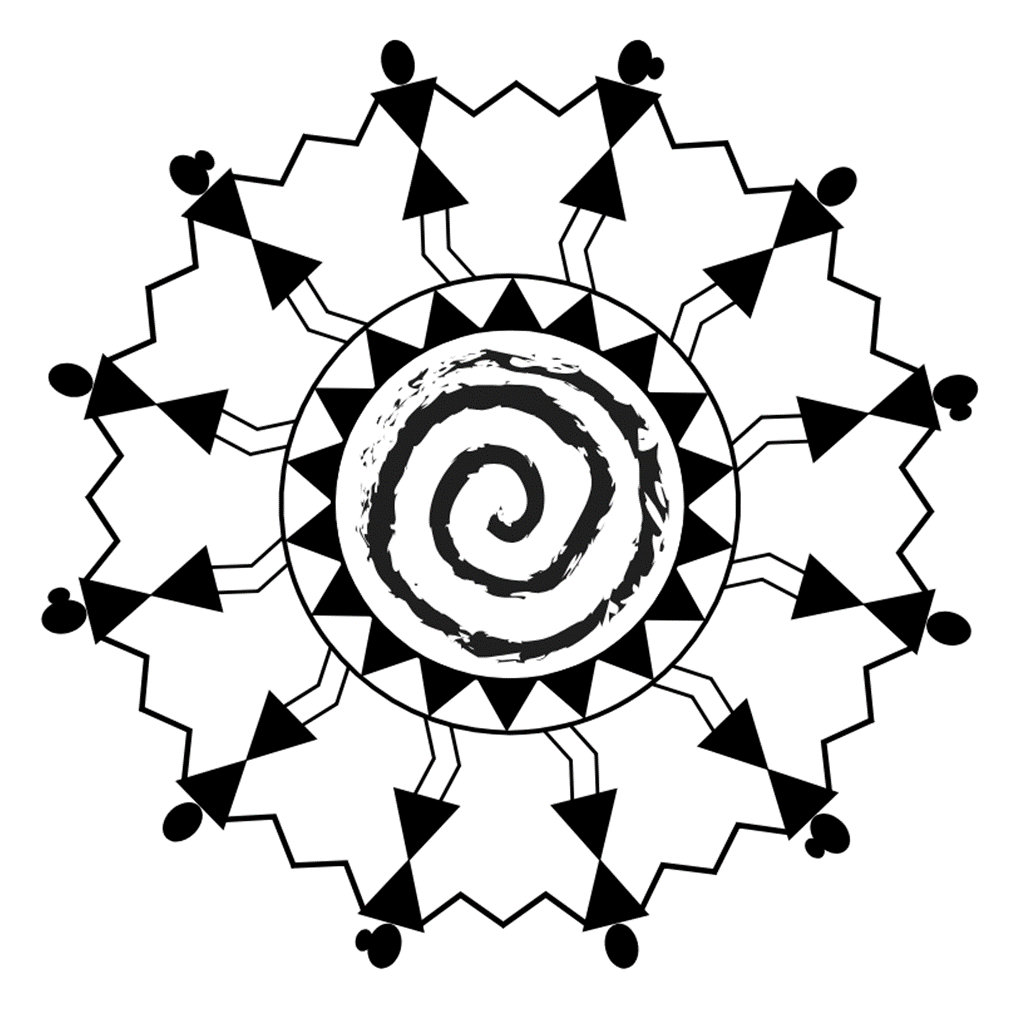
The I’mPossible Fellowship
Objectives
- Enable Fellows to complete higher education, prioritize health outcomes, develop leadership skills and become changemakers.
- Empower Fellows to mentor younger children living with HIV, addressing their core needs in health, education and livelihoods.
Why the I’mPossible Fellowship Program?
How do we achieve the objectives?
Fellows go through an established curriculum and placement for their individual education, skilling and development. Each Fellow is matched with 25 peers and provide mentorship across the four domains integral to the United Nations Sustainable Development Goals:
- SDG 3 Health and Well-being
- SDG 4 Quality Education
- SDG 8: Decent Living and Economic Growth
- SDG 5: Gender Equality
In the words of I’mPossible Fellows, “Being healthy is a priority of our Program, and we ensure that every child with HIV is on treatment and continues to live a safe, healthy, and holistic life. We understand education is empowerment, hence we focus on our own education, and support our peers to achieve their dreams, too. We focus on our livelihoods by skilling ourselves and identifying our vocation and we forge a pathway towards financial independence. Gender equality is for all, and we believe that everyone, regardless of their gender, should have the same rights and opportunities. We are changemakers: We strive to pay it forward and bring about positive change to our communities.”
Fellowship Structure
The 24-month Fellowship consists of:
- Fellow initial training period (3 months): Fellows are trained to design and execute a teaching curriculum for Peers assigned as their mentees. Fellows will have a 1 month in-house training session, followed by a 2-month hand-holding period where they are guided by a senior Fellow.
- Learning agenda and placement (12 months): Each Fellow is placed at a partner institution or community in Karnataka or Tamil Nadu and paired with up to 25 peers, mentoring them and addressing health, education, gender and livelihoods of the adolescents and youth living with and affected by HIV.
- Self-learning and skilling (9 months): Fellows spend up to 9 months with their own coursework and vocational skilling activities and elective.
Our reach
The I’mPossible Fellowship Program is active across 6 districts in Karnataka and in Krishnagiri district of Tamil Nadu in partnership with residential facilities for orphaned children and with communities and families. Snehagram, a residential home in Krishnagiri, functions as a learning ‘hub’ for activities central to the program such as education, training, and camps. Since the Program’s inception in 2021, 30 Fellows are reaching over 1,000 children living with or affected by HIV.

Fellowship curriculum
Key Learning Objectives
- Understand the significance of health maintenance for individual well-being and assist peers in achieving good health.
- Instill the importance of education in peers and support their educational and livelihood journeys.
- Develop mentoring skills and learn to seek and benefit from mentorship.
- Cultivate leadership qualities and understand the importance of contributing positively to the community as change makers.
Curriculum Outline
1. Foundational course: Key principles of the I’mPossible Fellowship
- I’mPossible Intervention vision and mission
- Adolescent needs
- Holistic healthcare person-centred model
- Child Protection Policies
2. HIV care Interventions
- HIV care fundamentals
- Comprehensive HIV care and ART
- Supporting adherence to HIV care and treatment
3. Health (SDG 3: Good Health and Well-being)
- Promoting healthy living practices: nutrition and lifestyle
- Disease prevention and quality healthcare access
- Mental health awareness and intervention strategies
- Advocacy for community healthcare access
5. Education (SDG 4: Quality Education)
- Equitable education access
- Supporting peers in their educational journeys
6. Skilling (SDG 8: Decent Work and Economic Growth)
- Opportunities and resources for vocational training
- Financial literacy: basics of personal finance management
7. Gender (SDG 5: Gender Equality)
- Understanding gender equality and gender-equitable practices:
- Economic empowerment: encouraging gender-inclusive leadership
8. Life skills
9. Mentorship and Counselling
10. Leadership and pathway towards becoming a change maker
Learning
Implementing these activities provides us with a host of learning activities. These are shared with the scientific and public health communities.
Elevating voices of the community: For understanding the impact of our Programs, community-based participatory research is key. This involves children and young people with lived experience of HIV and adversity in the evaluation process, ensuring their perspectives shape how evidence is generated. This approach empowers participants and those from the community, fostering relevant and impactful findings.
On the international stage: Providing opportunities for Fellows from the I’mPossible and Positive Running Programs to present their findings to international audiences fosters their growth and visibility. Examples include Program participants who presented at the 24th International AIDS Conference in Montreal, Canada on 22 July to 2nd August, and will be presenting in the upcoming International AIDS Conference in Munich, Germany on 25th 22-26th July 2024.
Student ambassadors: Visiting students facilitate knowledge exchange by sharing diverse cultural perspectives and academic insights, bringing about mutual enrichment.
- Management students from Xavier Institute of Management Education (XIME) are placed with the Fellows from the RISHI Foundation in order to enrich their experience in the social sector.
- Students pursing their public health degree from Johns Hopkins University spend 3 months working with RISHI Foundation and its hub partner sites conducting research, gaining field perspectives in public health, and mentoring Fellows.
